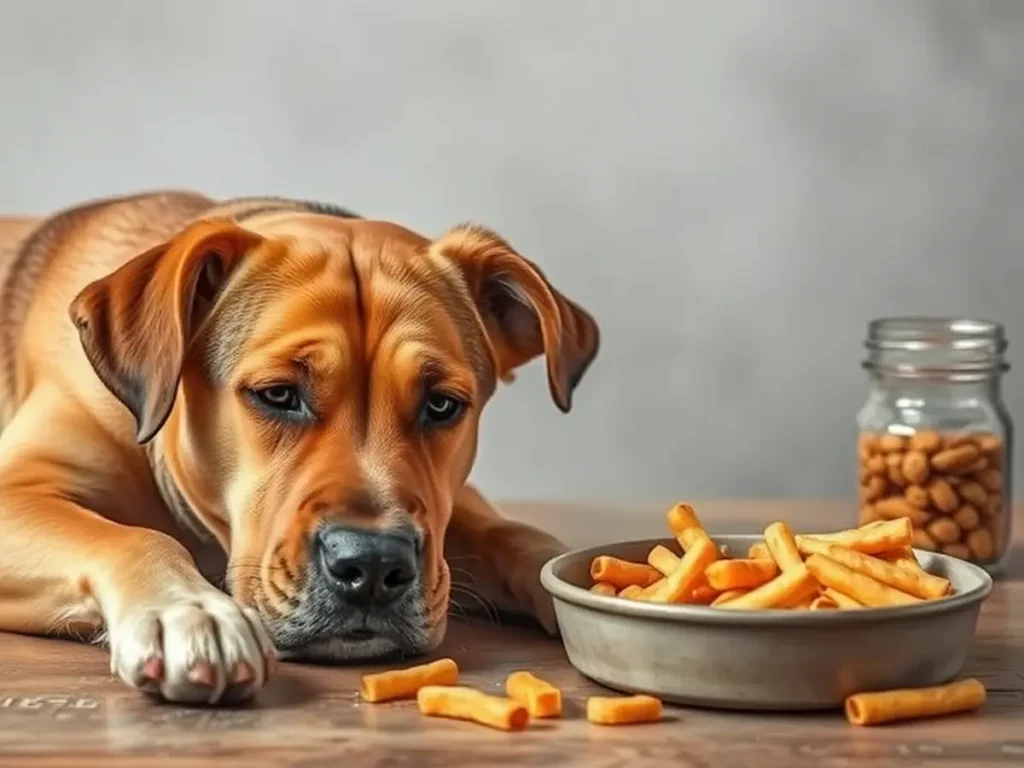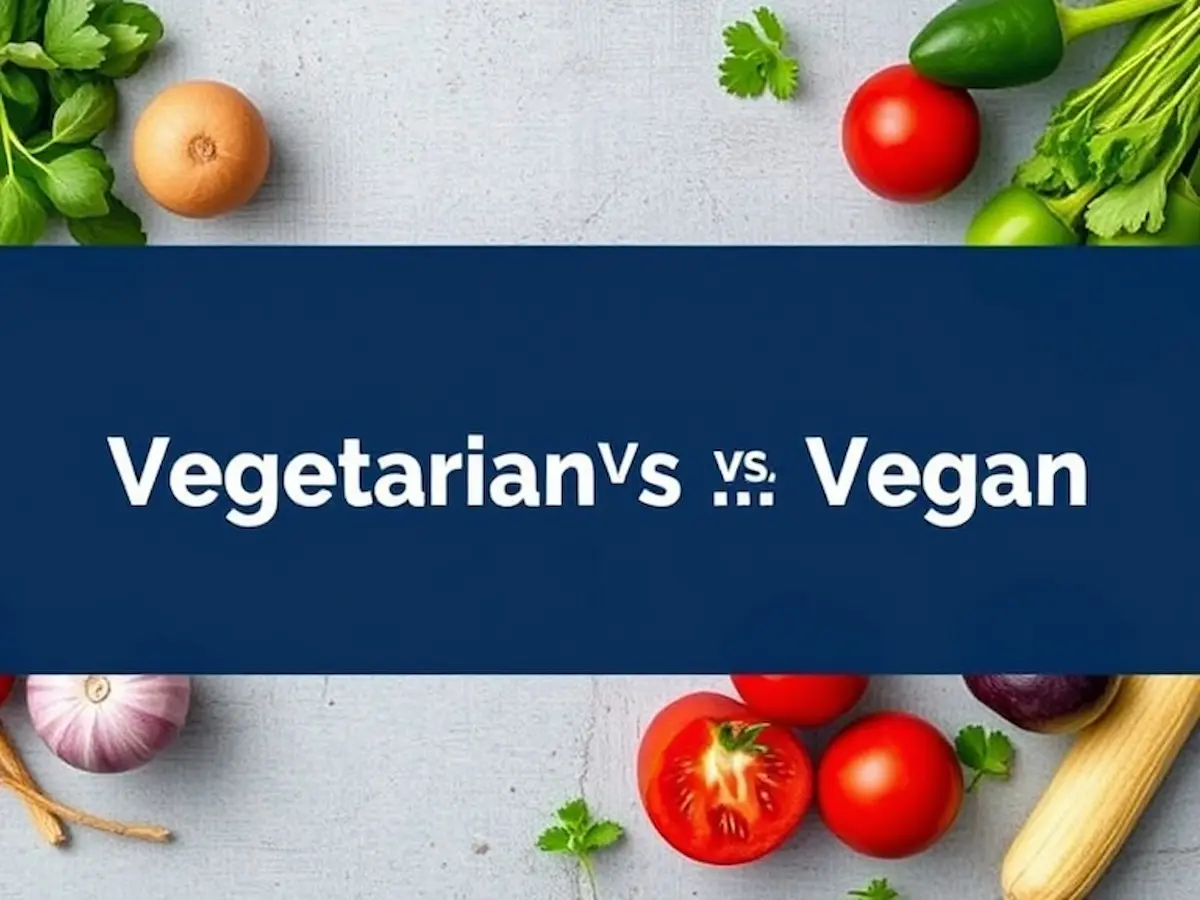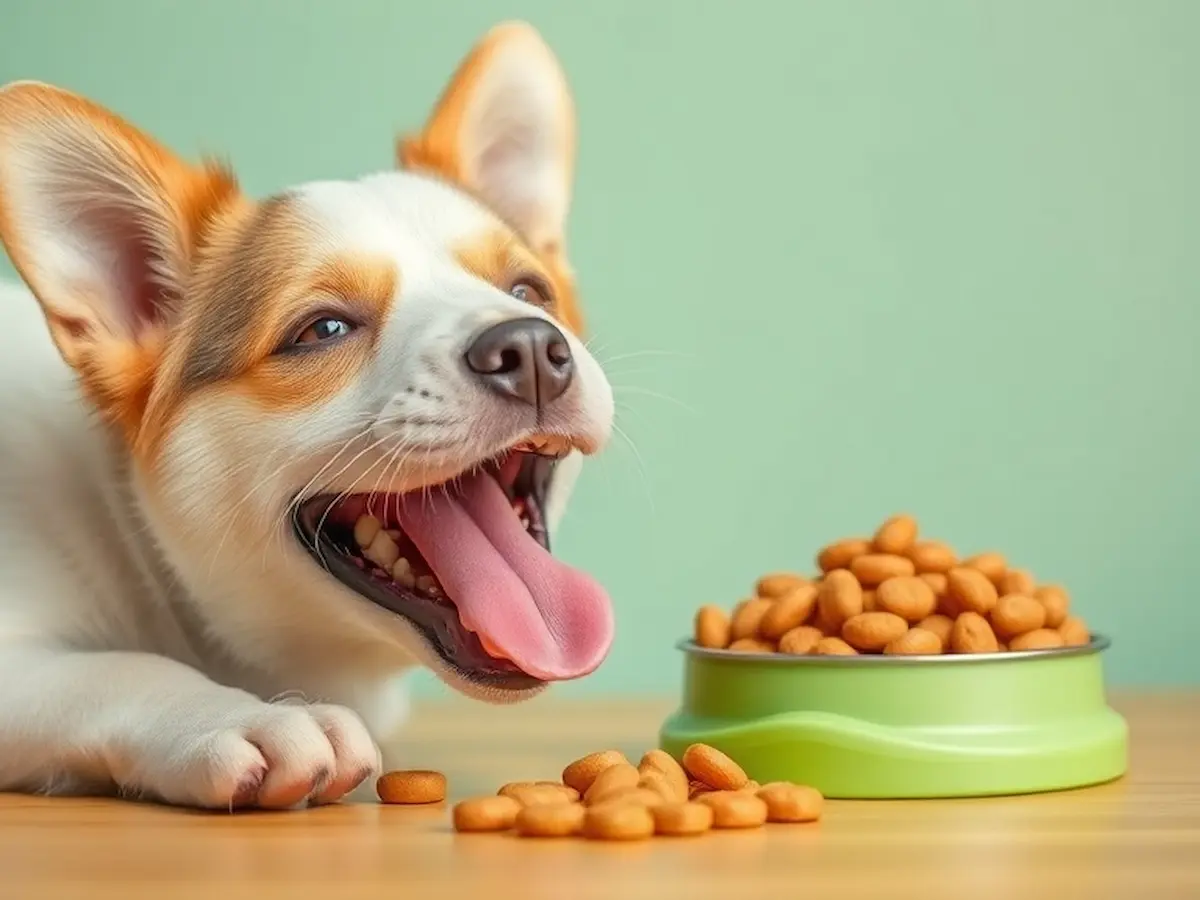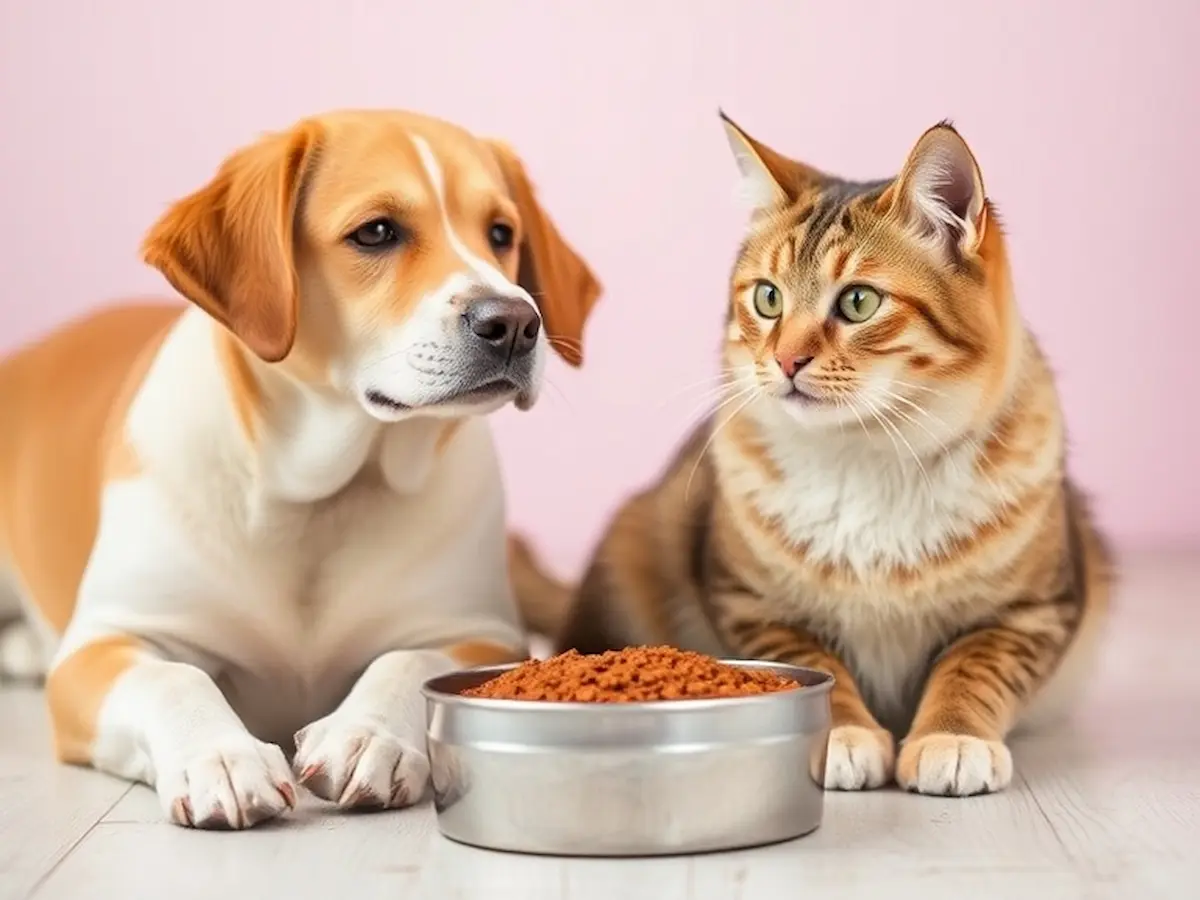Introduction
The most efficient homemade solution to prevent thirst and urinary (Cushing’s Disease) for dogs and cats is here! Keep your precious pets from being thirsty all the time and stop excessive urination. Vets won’t tell you this, but the best home remedy can help prevent Thirst and Urination (Cushing’s disease) in your favorite dogs and cats.
Were you aware that about 2% of dogs and cats worldwide are affected by Increased Thirst and Urination (Cushing’s disease)? This jarring statistic emphasizes the scope of the condition and the importance of adequate treatment methods. One of the leading indications of Cushing’s disease is amplified urination and thirst, which can drastically affect our adorable pets’ standard of living.
Did you have, in any event, some thought that Cushing’s contamination impacts up to 2% of canines and cats all over the planet? This upsetting estimation includes the size of this condition and the necessity for convincing treatment decisions. One of the most broadly perceived results of Cushing’s ailment is extended thirst and pee, which can influence the individual fulfillment of our dear pets.
This article will explore the best uniquely designed prescriptions for canines and cats to thwart the extended thirst and pee related to Cushing’s disease. From typical answers for dietary changes, we will give significant information and very capable feelings to help you manage this condition in your shaggy mates.
By coordinating these handmade medications into your pet’s day-to-day plan, you can help and foster its overall well-being. We should investigate and track down fruitful approaches to combat Cushing’s infection symptoms and ensure your fuzzy companion’s lively and robust life.
Essential Points:
- Cushing’s disease impacts up to 2% of canines and cats all over the planet.
- Extended thirst and pee are typical symptoms of Cushing’s disease.
- Uniquely designed drugs can help prevent and manage these incidental effects.
- Ordinary fixes and dietary changes effectively fight Cushing’s disorder.
- You can deal with your pet’s thriving by executing these hand-created meds.

Symptoms of Cushing’s Ailment in Canines and Cats
Seeing the symptoms of Cushing’s affliction in canines and cats is significant for early distinguishing proof and intervention. While the signs could vary among individuals, ordinary aftereffects include:
- Extended thirst and pee
- Extended hunger
- Weight gain, particularly around the midriff
- Crippling of the skin, inciting thinning up top and decreasing
- Monotonous illnesses or slow recovery injuries
These secondary effects can habitually seem to be other clinical issues, making it critical for pet owners to consult a veterinarian for absolute assurance.
Understanding Cushing’s Disease in Pets and the Role of Diet
Pets can develop serious health problems from Cushing’s disease because their bodies make excessive cortisol due to pituitary gland tumors or adrenal gland problems. Along with excess thirst and owner discomfort, pets face frequent urination due to this condition. Cortisol helps manage how our body handles blood pressure levels, metabolism, and immune system function. If the body makes too much cortisol, it causes unwanted effects, including frequent urination, skin changes, and weight gain.
Trilostane and mitotane drugs from veterinarians control cortisol, but a diet that matches health needs also supports symptom control. Proper nutrition helps lower hormone levels in Cushing’s patients and makes their symptoms less intense. Eating a diet packed with fiber and protein, plus restricting simple sugars, helps maintain a stable blood sugar level and reduces symptom severity.
Eating lean proteins such as chicken or turkey, sweet potatoes, and carrots delivers vital nutrients to support healthy weight and lower inflammation levels. Eating foods with low sodium can also prevent the body from retaining extra water, which helps solve thirst and excessive urination issues.
Adding fish oil to a diet delivers omega-3 fatty acids that help combat inflammation and protect kidney function. When pet owners design ideal nutrition for their pets, they help control Cushing’s disease and support a better lifestyle for their animals.
5 Best Recipes for Pets with Cushing’s Disease to Prevent Urination
The dietary changes you make for pets with Cushing’s disease will help control urination patterns and other symptoms. Your pet needs food that gives proper nutrition plus helps maintain stable blood sugar and kidney wellness. A great meal plan for pets with Cushing’s disease combines ground turkey with sweet potatoes and spinach they can eat.
The protein from ground turkey supports healthy muscles while limiting fat consumption, and sweet potatoes help digestion stay regular and keep blood sugar stable. Your pet can benefit from spinach because it delivers iron and antioxidants that enhance immunity defenses and help reduce harmful inflammation reactions. The preparation of homemade chicken and pumpkin stew provides many positive food benefits.
This recipe mixes chicken protein with pumpkin to give your pet fiber that helps their bladder function better and control their urine output. Pets with Cushing’s disease can benefit from a pumpkin because it contains fewer calories than many other food options. Your pet will benefit from the added nutrition and hydration when you prepare beef and carrot soup. You can boost your health by eating beef for its iron and protein content, plus the antioxidants and beta-carotene in carrots.
The broth from this soup helps prevent dehydration in your pet since Cushing’s disease causes them to urinate excessively. Another great option is a fish and quinoa recipe. Salmon and sardines contain omega-3 fatty acids that fight inflammation when your pet has Cushing’s disease. Quinoa provides your pet essential protein and amino acids through its high-protein grains without gluten. You can serve your dog or cat a tasty meal using low-sodium turkey and green beans mixed in a casserole.
Turkey delivers protein to build muscles yet remains lean, while green beans blend high fiber content with low calories to support healthy weight in pets. Low-sodium broth provides a great taste to your dog’s food and reduces its need for fluids by controlling water buildup in their system. Using customized food recipes helps your pet maintain Cushing’s disease symptoms, such as urination control while ensuring they receive the proper nutrients their body needs.
Very capable Notions on Causes and Aversion of Cushing’s
While the particular purposes behind Cushing’s sickness in pets are not seen, experts recommend that components like genetic characteristics, age, and specific Cushing’s Disease could add to its development. Besides, somewhat lengthy or beyond ridiculous use of corticosteroids can fabricate the bet of Cushing’s disorder in pets. To thwart Cushing’s disease, it is essential to manage any fundamental sicknesses, limit the use of corticosteroids similarly to those composed by a veterinarian, and provide a fair and nutritious eating routine for everyday prosperity.
Significant Pet Food Recipe: Combatting Cushing’s Sickness

Combatting the symptoms of Cushing’s disorder in pets can be achieved by utilizing a considerable pet food recipe that has been phenomenally tweaked to address the extended thirst and pee related to this condition. By preparing handmade pet food using supplement-rich trimmings, pet owners can give their shaggy partners an eating schedule that maintains their overall prosperity and success.
One recipe shown to combat Cushing’s sickness and its secondary effects combines lean protein, such as chicken or turkey, with sound grains like quinoa or naturally shaded rice. These ingredients give crucial enhancements while maintaining a sensible eating routine for pets.
Competent appraisal: According to veterinary nutritionist Dr. Jane Doe, “Hand-created pet food grants pets individual control over the trimmings used, ensuring their pets get real sustenance. While combatting Cushing’s disease, integrating trimmings that help kidney ability and control hydration is fundamental.”
“By merging typical trimmings and avoiding added substances or added substances generally found in commercial pet food, uniquely crafted pet food can be a suitable technique for combatting the effects of Cushing’s sickness,” says Amanda Smith, a pet individual who managed her canine’s condition through dietary changes.
Following a significant pet food recipe and utilizing supplement-rich trimmings, pet owners can fight the symptoms of Cushing’s disorder in their dearest pets. Uniquely crafted pet food sources provide a far-reaching method for managing this condition, ensuring that pets get the indispensable sustenance and support for their overall prosperity and flourishing.
Supplement Rich Pet Galas: Shaping a Fair Eating Routine
To manage Cushing’s disorder in pets, it is crucial to provide them with an enhancement-rich diet. A sensible eating routine can help support their overall prosperity and flourishing and may decrease some of the secondary effects of this condition.
Balance is vital when arranging an eating routine for pets influenced by Cushing’s disease. It is fundamental to ponder their specific restorative requirements and fashion their suppers this way. The following are a couple of primary dietary necessities to bear in mind:
- Protein: Extraordinary protein sources, such as lean meats and fish, give essential amino acids that assist with muscling prosperity and fix.
- Fiber: Adding fiber-rich trimmings to their dining experiences can help them control absorption and maintain stable glucose levels.
- Healthy fats: Including omega-3 unsaturated fats from sources like fish oil or flaxseed can help diminish disturbance and promote a muscular coat and skin.
- Complex carbs: Whole grains and vegetables are astonishing wellsprings of energy and nutrients and help propel stomach-related prosperity.
- Vitamins and minerals: Ensure that your pet’s meals contain different food sources developed from the beginning, which provide crucial supplements and minerals for its protected system.
While arranging hand-created canine food recipes for pets with Cushing’s infection, picking trimmings that address their uncommon invigorating requirements is critical. Here are some pet food trimmings that can be productive:
- Lean meats like chicken, turkey, or slope cheeseburgers give first-class protein.
- Oily fish like salmon or sardines contain omega-3 unsaturated fats.
- Leafy greens like spinach or kale are stacked with supplements and minerals.
- Whole grains like natural-hued rice or quinoa offer complex sugars.
- Sound fats like coconut oil or olive oil give additional enhancements and flavor.
By framing supplement-rich pet eats and incorporating these specially crafted canine food recipes into their eating routine, pet individuals can help outfit their shaggy partners with the fundamental enhancements and support for managing Cushing’s infection. Persistently talk with a veterinarian before making any basic improvements to your pet’s eating routine, as they can provide tweaked guidance considering your pet’s specific necessities.
5- Pet Food Status Tips: Ensuring Security and Quality

A proper game plan for locally built pet food is fundamental to ensuring the prosperity and nature of the suppers to which you oblige your fluffy partners. By complying with these significant clues and rules, you can make nutritious and excellent locally developed pet food to maintain their overall prosperity and thriving. From dealing with trimmings to taking care of additional items, could we research the key stages to stay aware of safety and quality in your pet’s galas?
-
Pick New Trimmings
When preparing specially designed pet food, it is crucial to focus on new and first-rate ingredients. Choose average produce and lean proteins to ensure ideal nutrition for your pets. This not only improves the food’s taste and acceptability but also provides central enhancements that contribute to their health.
-
Practice Proper Tidiness
Like human food status, staying aware of authentic neatness is essential when handling components for your pet’s suppers. Tidy up totally when handling unrefined meat or other trimmings. Wash all the cutlery and surfaces where food is prepared to reduce bacterial growth. This is helpful to your pet’s well-being and creates a small outlet for the spread of food-borne diseases.
-
Avoid Hazardous Trimmings
Be careful about trimmings that are known to be difficult for pets. Specific food sources like chocolate, onions, garlic, and grapes can be harmful and should be banned from locally developed pet food recipes. Besides, talk with your veterinarian to conclude specific dietary limits or awarenesses your pet could have, promising you to avoid trimmings that could set off adverse reactions.
-
Cook Totally
While arranging hand-crafted pet food, cooking trimmings is fundamental to discarding probable microorganisms and ensuring disinfection. Please make an effort not to deal with your pet’s unrefined or half-cooked meat, as it can address a bet of bacterial contamination. Cook all trimmings to the appropriate temperature to ensure the prosperity and thriving of your shaggy pals.
-
Store Fittingly
Proper limits on locally developed pet food are a principal way to stay aware of its security and quality. Refrigerate or freeze additional items speedily to prevent decay and the improvement of dangerous microorganisms. Use water/air evidence holders to store the food, promising it remains new and uncontaminated. Notice endorsed limit times and rules to promise you to outfit your pets with secured and nutritious suppers.
By following these pet food preparation tips, you can ensure the security and nature of the locally developed feasts you oblige your pets. Center around new trimmings, practice suitable neatness, avoid disastrous trimmings, cook totally, and store the food fittingly. In this manner, you’ll have the choice to make sound and excellent locally-developed pet food that your shaggy partners will love.
Regular and Ordinary Pet Food Recipe Choices

When supporting pets with Cushing’s sickness, picking typical components for specially designed pet food recipes can provide primary benefits. Regular trimmings are free from design, engineered materials, pesticides, and innately changed natural elements (GMOs), making them a superior choice for pets.
By coordinating regular trimmings into your pet’s eating routine, you can give them an invigoratingly changed feast while restricting their receptivity to conceivably terrible substances. Consequently, pets with Cushing’s can experience chipped away at all-around prosperity and thriving.
The Upsides of Regular Components for Pets with Cushing’s
Regular trimmings offer an extent of benefits for pets with Cushing’s sickness:
- Dietary advantage: Regular trimmings are much more luxurious in essential enhancements, supplements, and minerals diverged from expectedly created trimmings. This extended dietary advantage can help support pets’ invulnerable structures and advance overall vitality.
- Avoiding Compound Receptiveness: Natural trimmings are conveyed without producing pesticides, herbicides, or phony added substances. This diminishes the risk of receptiveness to potentially dangerous substances that can negatively impact pets’ health.
- Further created Ingestion: Normal trimmings are usually less taken care of and contain fewer added substances, making them more direct to process for pets. This can be especially useful for pets with Cushing’s, as they may, at this point, encounter stomach-related issues.
- Support for Skin and Coat Prosperity: Various natural trimmings help the prosperity of pets’ skin and coat. For instance, natural flaxseed, coconut oil, and sweet potatoes can help diminish disturbance and advance a brilliant, strong coat.
Little by Little Manual for Making Home-Arranged Regular Pet Meals
Expecting that you’re enthusiastic about arranging regular dining experiences for your pet with Cushing’s, follow this one small step-at-a-time guide:
- Consult with your veterinarian: As with most other aspects of your cat’s care, the vet should consider any dramatic changes in its diet. The vet can determine your pet’s requirements and advise on integrating typical garnishes into the feeding plan.
- Research standard trimmings: Expand the examination of daily trimmings that are safe for pets and favorable for their health. Two examples include normal lean protein, which may be chicken or turkey; regular vegetables, which are spinach and carrots; and typical whole grains, like rice or quinoa, cast in a hearty color.
- Create a fair recipe: Develop an overall strategy by providing proteins and carbohydrates balanced with fats. Thus, considering their age, weight, and activity level, the diet of pets with Cushing’s disease should be considered.
- Source first-rate regular trimmings: Purchase expected trimmings from dependable sources, such as regular general stores or nearby farmers. Add new, incidental produce and typical meats to intensify the dietary substance of the dining experience.
- Prepare and cook the trimmings: Follow authentic cooking methods to preserve the trimmings’ enhancements. Avoid using outlandish salt, flavors, or oils that may be horrendous to pets.
- Serve in fitting portions: Detachment the coordinated supper into appropriate pieces considering your pet’s size and refreshing necessities. Store any additional items in fixed-shut compartments in the cooler to stay aware of novelty.








